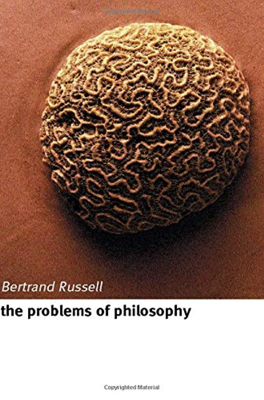The World of Universals
Plato's Theory of Universals
Bertrand Russell explores the nature of universals and their role in philosophy, as initially proposed by Plato. Plato's theory, modified and updated by Russell, posits that universals or "ideas" have a unique kind of existence distinct from physical objects, minds, and sense-data. According to Plato, universals represent the essence of concepts such as justice or whiteness, which are not fluctuating or perishable like objects of sense but are immutable and eternal. This leads to the conception of a "supra-sensible" world of ideas that imparts reality to the perceivable world.
Role of Universals in Language and Truth
Russell highlights the pervasive role of universals in language and knowledge. Most words except proper nouns denote universals. Universals are inherent in all propositions and knowledge, as no statement can be made without invoking them. Even the most trivial statements involve universals, which Russell argues are often overlooked in everyday thinking and underestimated in their significance.
Common Misunderstandings and Philosophical Implications
Many people, including philosophers, mistakenly regard universals as mental constructs simply because they can be thought of and thus perceived as mental. However, Russell clarifies that the relation-type universals (such as "north of") exist independently of our thoughts about them. He uses the example of the relationship between Edinburgh and London being north-south to argue that such relationships exist regardless of human awareness, challenging the views of philosophers like Berkeley and Kant, who deny or limit the independence of universals.
Existence vs. Subsistence of Universals
A unique distinction is made between the existence of particulars and the "subsistence" of universals. Universals, unlike particulars, do not exist at a particular time or place; they subsist in a timeless realm. This kind of being, which is neither spatial nor temporal and neither material nor mental, adds complexity to our understanding of universals and justifies why some philosophers might consider them to be mental when, in fact, they are not.
Implications for Monism and Monadism in Philosophy
An understanding of universals also challenges philosophical perspectives like monism and monadism. Russell argues that these views result from an overemphasis on the universals denoted by nouns and adjectives, neglecting those expressed through verbs and prepositions. Considering relations as universals reveals the interaction among multiple entities, opposing the idea that the universe consists either of a single substance or isolated, non-interacting entities.
Appreciation of the Two Worlds: Being and Existence
Finally, Russell emphasizes the importance of recognizing both the world of universals (being) and the world of particulars (existence). Each world offers a different aspect of reality: the world of being is unchanging and perfect, appealing to the logician and the mathematician; the world of existence is ever-changing, filled with imperfections and the particulars of everyday life.
Relation Between Universals and A Priori Knowledge
As the discussion transitions to the consideration of a priori knowledge, Russell foreshadows that an understanding of universals is crucial in addressing how we acquire knowledge that is independent of sensory experience. This linkage between universals and a priori knowledge will be further explored in the subsequent chapter.
